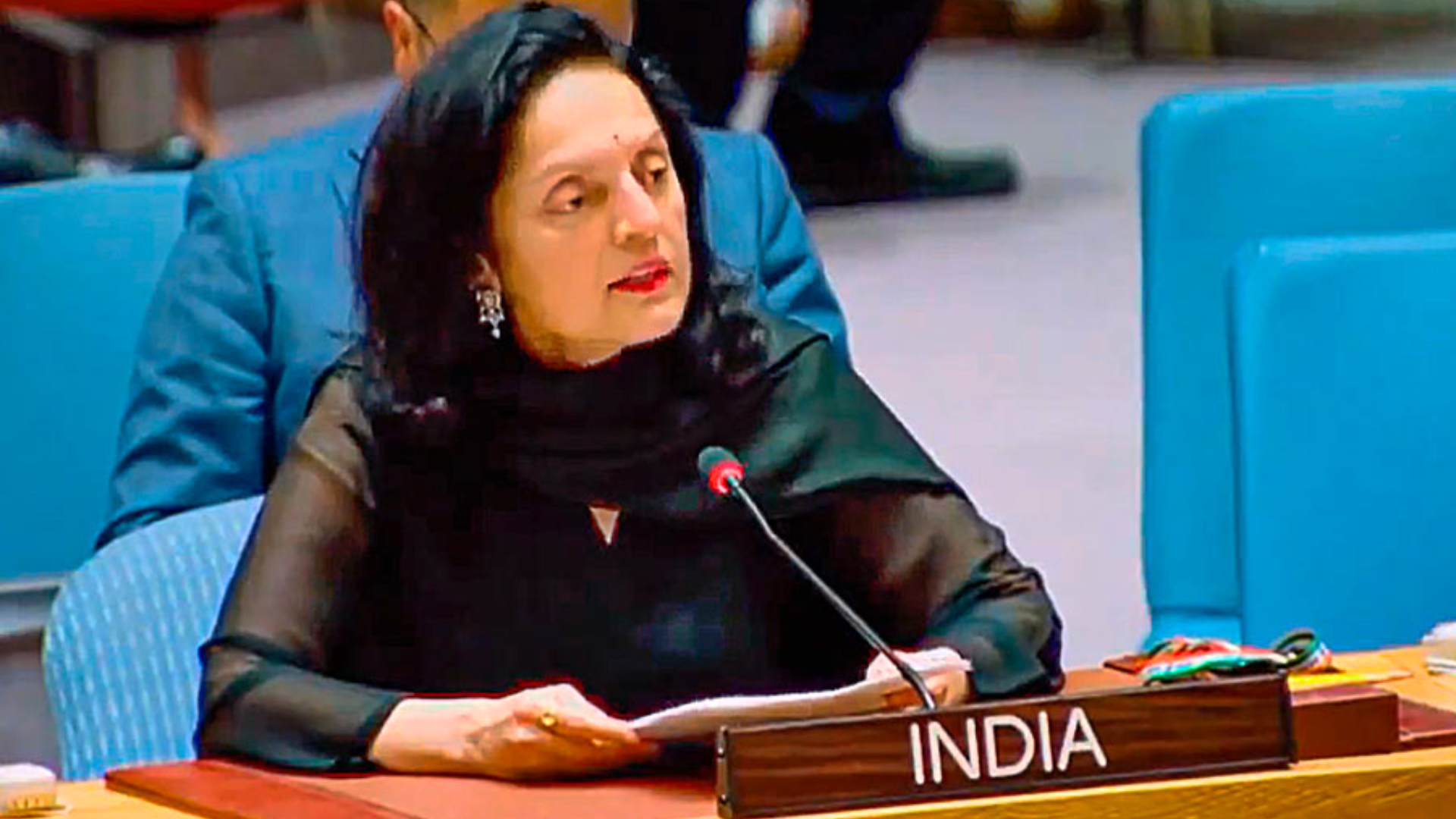In a session of the United Nations General Assembly (UNGA), India abstained from voting on a resolution titled ‘Measures to combat Islamophobia’, presented by Pakistan and supported by China. According to reports, New Delhi emphasized the need to address ‘religiophobia’ targeting Hinduism, Buddhism, Sikhism, and other faiths, citing instances of violence and discrimination.
Of the 115 nations participating, all voted in favour of Pakistan’s resolution, with none opposing it. Notably, 44 countries, including India, France, Brazil, Germany, the United Kingdom, Ukraine, and Italy, abstained from voting.
India’s Permanent Representative to the UN, Ambassador Ruchira Kamboj, highlighted the broader issue of religiophobia affecting followers of non-Abrahamic religions. She stressed the emergence of contemporary forms of religiophobia, particularly anti-Hindu, anti-Buddhist, and anti-Sikh sentiments.
PR delivers the explanation of India’s position during the adoption of the resolution on ‘Measures to combat Islamophobia’ at the United Nations General Assembly today. pic.twitter.com/AheU8UvpYM
— India at UN, NY (@IndiaUNNewYork) March 15, 2024
Expressing concern over potential divisions within the UN along religious lines, Kamboj cautioned against setting a precedent for resolutions focused on specific religious phobias. She emphasized the UN’s role in promoting unity and peace globally, transcending religious divides.
India urged member states to address religious discrimination on a wider scale, beyond Islamophobia. Kamboj emphasized the need to recognize the challenges faced by other faiths and warned against allocating resources solely to combat Islamophobia, which could exacerbate feelings of exclusion and inequality.
Highlighting the significant followership of Hinduism, Buddhism, and Sikhism worldwide, Kamboj stressed the importance of acknowledging religiophobia affecting these religions. She underscored the need for collective efforts to combat discrimination and promote harmony among all faiths.
Ruchira Kamboj said, “It is time that we acknowledge the prevalence of religiophobia, rather than single out just one. The destruction of the Bamiyan Buddhas, violations of gurudwara premises, massacres of Sikh pilgrims in gurudwaras, attacks on temples, and the glorification of breaking idols in temples all contribute to the rise of contemporary forms of religiophobia against non-Abrahamic religions.”
















